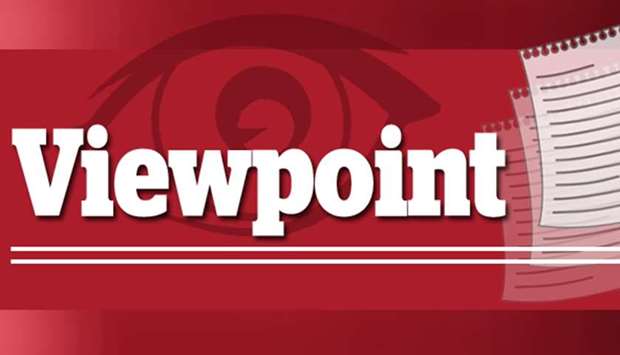Another dramatic spike in natural gas prices appears to have ended any hopes that Europe’s inflation battle is set to ease, with financial markets now bracing for higher prices, a faster pace of interest rate hikes and a deeper economic downturn.
Just a few weeks ago, signs that inflation in the United States — which tends to lead world economic shifts — might be peaking boosted stocks and lowered government borrowing costs.
Investors bet central banks would now pay more attention to slowing economies, with a peak in the rate-hiking cycle nearing.
Instead, this week began with a forecast from US bank Citi that UK inflation would rocket to a near half-century high of 18.6% by January, a prediction that dominated British newspaper front pages.
That landed as another explosive rise in natural gas prices showed little sign of slowing, with Russia signalling further squeezes on exports and European buyers scrambling for supplies before winter.
Gas prices have surged almost 40% in August and nearly 300% this year.
“The key is energy, energy, energy. There is an energy crisis, let’s be honest about that, electricity prices are 10 times pre-Covid levels, that is a shock to the system,” said Thomas Costerg, senior economist at Pictet Wealth Management.
“The US and Europe are on different paths. We all knew that the Achilles’ heel of Europe is foreign energy and now they are paying the price for that,” he said, referring to European reliance on Russian gas.
So it’s no surprise the mood has soured fast. World stocks have shed 4.3% from a 3-1/2 month high last Tuesday, the euro has pushed back below $1 and US 10-year Treasury yields are back at 3%.
Monica Defend, head of the Amundi Institute, predicts a fall in the euro to $0.96 by December because of Europe’s weak economy.
Concern is growing that central bankers, gathering at this week’s Jackson Hole symposium, are laying the ground for more aggressive rate hikes than previously expected.
Without some certainty about when the hiking will end, investors are nervous.
“The market was increasingly confident that recession is going to be the dominant theme, that central banks were going to be more conciliatory or relaxed in their policy tightening,” said Richard McGuire, head of rates strategy at Rabobank. “Since the beginning of last week that has completely reversed.”
Just take a look at market-based measures of inflation expectations.
Short-term gauges in the eurozone and Britain jumped to record highs this week.
Craig Inches, head of rates and cash at Royal London Asset Management, said the rise in market-based inflation gauges showed markets were now focused on “the next round of inflationary impact”. Causes range from a European drought, to the gas crisis and pandemic-related supply constraints in China.
“There seem to be numerous stories that can point to more entrenched, embedded inflation,” he said, adding markets were now asking themselves “how high do interest rates need to go”?
Inflation expectations are rising in the United States too, but the outlook for Europe looks much gloomier.
“Inflation in Europe was expected to rise in the fourth quarter but the scale of the rise we’re now facing is a new event because of the renewed surge in gas prices,” said Holger Schmieding, chief economist at Berenberg.
“That is a new shock that was not foreseen a few weeks ago.” –Reuters

